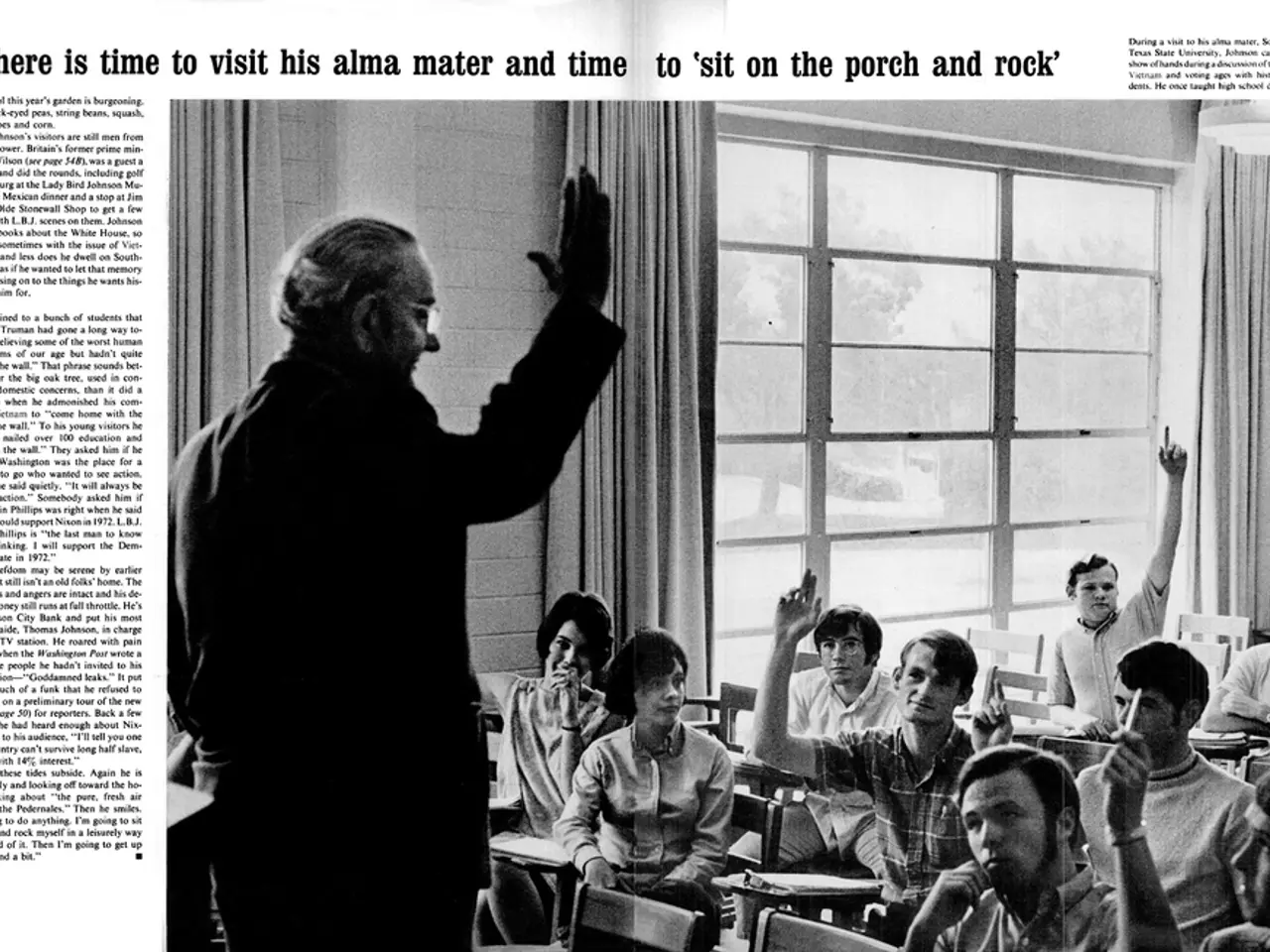Difficulty in executing deportations heightened by EU court decision
The European Court of Justice (ECJ) has imposed new, stringent guidelines for determining "safe countries of origin" in expedited asylum procedures. Key points include that EU member states may only list such countries if their safety assessments are fully verifiable and based on disclosed sources.
Crucially, the entire population of the designated country must be considered safe, meaning all groups, including vulnerable minorities such as homosexuals, must be protected there. These rulings raise significant hurdles for the "Albania model" used by Italy, which involves examining asylum applications of certain migrants on Albanian soil under Italian law in fast-track procedures for those from countries deemed safe.
The ECJ's decision questions whether the designation of Albania as safe meets the new criteria and highlights concerns about the potential detention-like conditions in the camps where asylum seekers are housed during processing. The ruling suggests that holding asylum seekers without a proper legal basis—because seeking asylum itself is not justifiable detention—may violate international law.
The "Albania model" applies only to male, adult asylum seekers from so-called safe countries, who are held in camps in Albania and cannot leave while their cases are processed. If Albania or any other country does not guarantee full safety for its entire population and vulnerable groups, it cannot be listed as safe, undermining the legal foundation for Italy’s approach.
As a result, the ECJ’s new guidelines significantly constrain the use of safe country listings for accelerated asylum, demanding full transparency and population-wide safety, which jeopardizes the continuation of Italy’s "Albania model" and similar fast-track procedures outside the EU.
In addition, EU countries may not, at least until a new EU asylum regulation comes into force, designate a third country as a "safe" country of origin if certain groups of people, such as homosexuals, are not safe there. EU countries may only create such lists if they disclose the sources for their assessment.
The Italian right-wing government coalition under Prime Minister Giorgia Meloni considers the decision as narrowing the room for maneuver of governments. Germany, which has a list of safe countries that includes EU member states, the Western Balkan countries, as well as Georgia, Ghana, Moldova, and Senegal, is also affected by the ruling, as it confirms that the European guidelines for classifying countries of origin as safe also apply there. However, the federal ministry of the interior in Germany has yet to evaluate the decision's concrete effects on Germany.
[1] European Court of Justice ruling on the "Albania model" [2] Reuters article on the ECJ's decision [3] BBC News article on the implications of the ECJ's ruling for fast-track asylum procedures [4] The Guardian article on the potential violation of international law in the "Albania model"
- The European Court of Justice's ruling challenges the designation of Albania as a 'safe country' under the 'Albania model', demanding full transparency and population-wide safety, which may limit the implementation of similar fast-track asylum procedures in the EU.
- EU countries cannot create safe country lists if they do not disclose the sources for their assessment and certain groups, such as homosexuals, are not safe in the designated country, emphasizing the importance of policy-and-legislation and general-news updates related to politics and asylum procedures.






